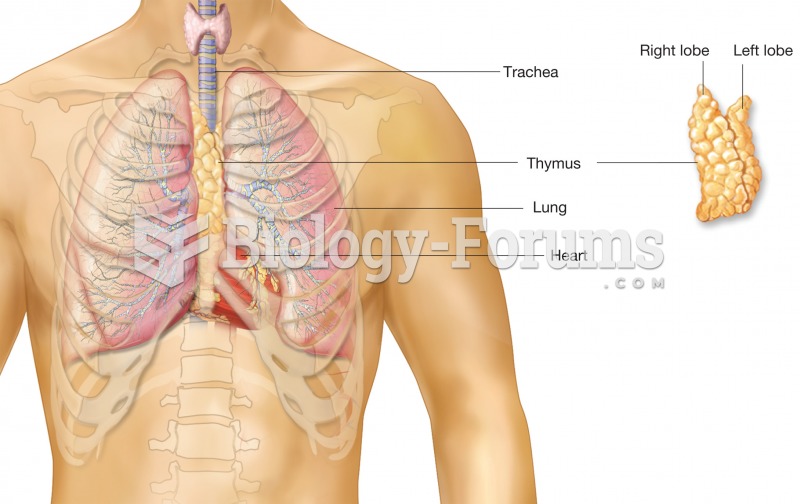|
|
|
There are over 65,000 known species of protozoa. About 10,000 species are parasitic.
Between 1999 and 2012, American adults with high total cholesterol decreased from 18.3% to 12.9%
According to the FDA, adverse drug events harmed or killed approximately 1,200,000 people in the United States in the year 2015.
During the twentieth century, a variant of the metric system was used in Russia and France in which the base unit of mass was the tonne. Instead of kilograms, this system used millitonnes (mt).
Anesthesia awareness is a potentially disturbing adverse effect wherein patients who have been paralyzed with muscle relaxants may awaken. They may be aware of their surroundings but unable to communicate or move. Neurologic monitoring equipment that helps to more closely check the patient's anesthesia stages is now available to avoid the occurrence of anesthesia awareness.







